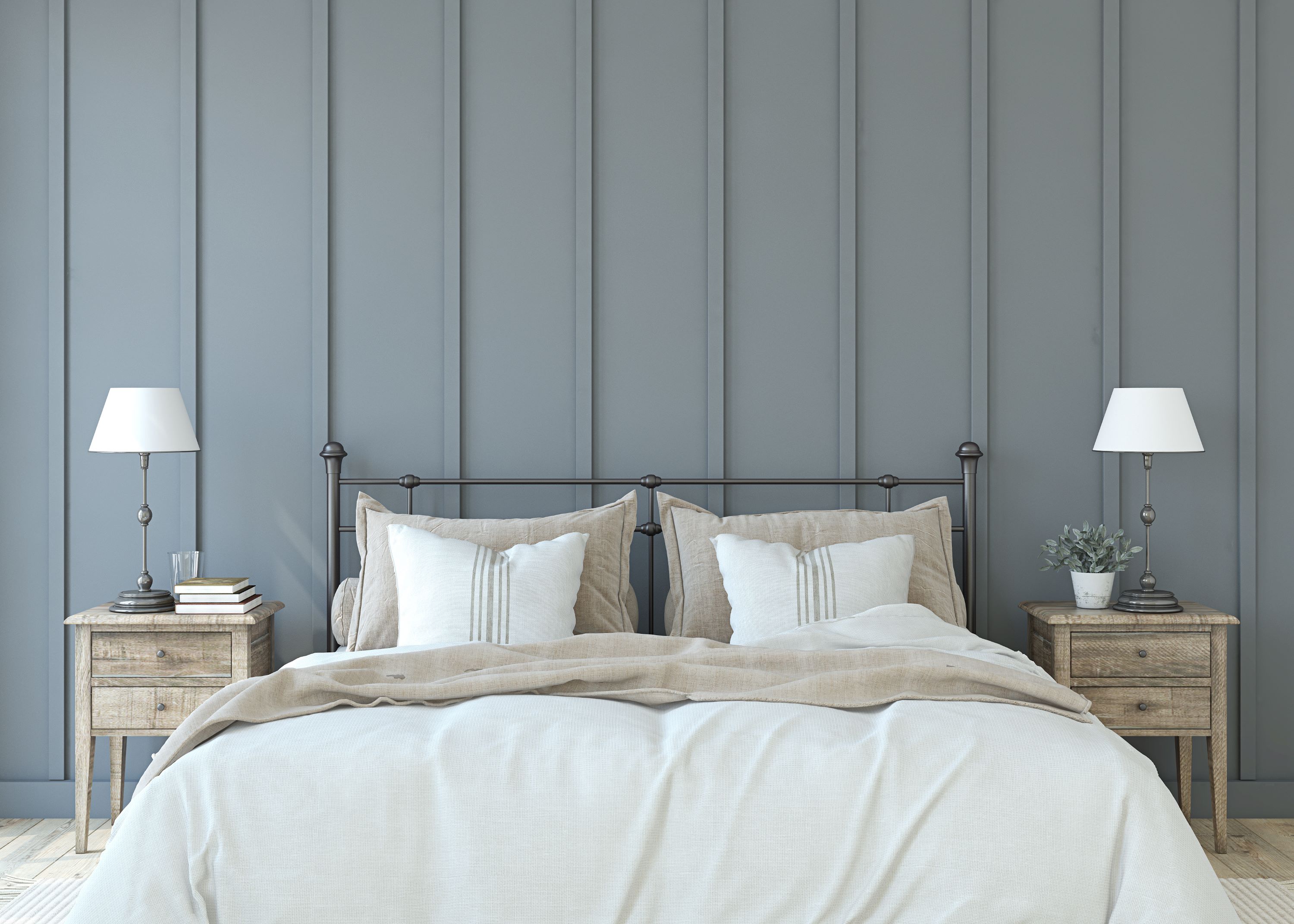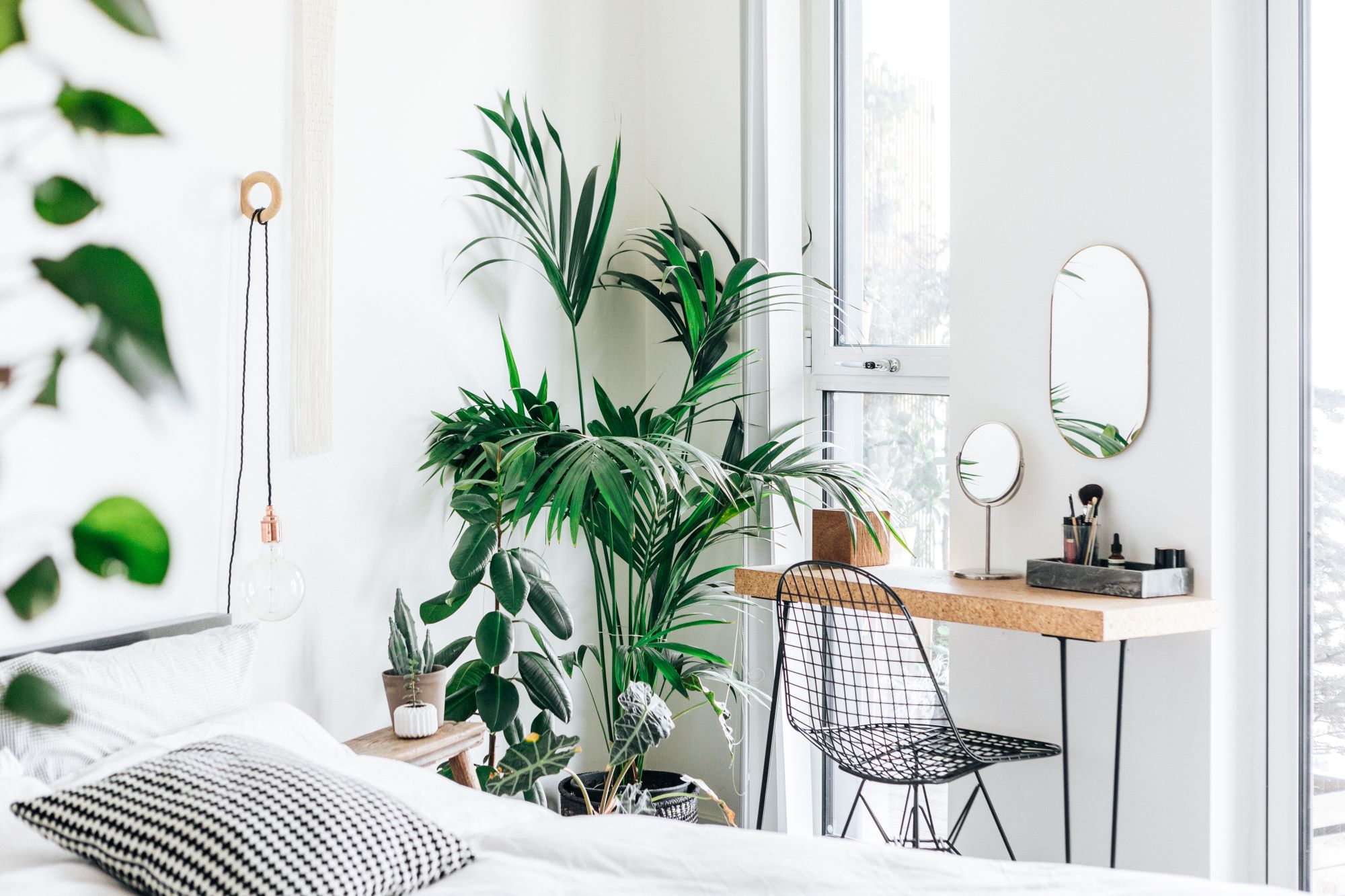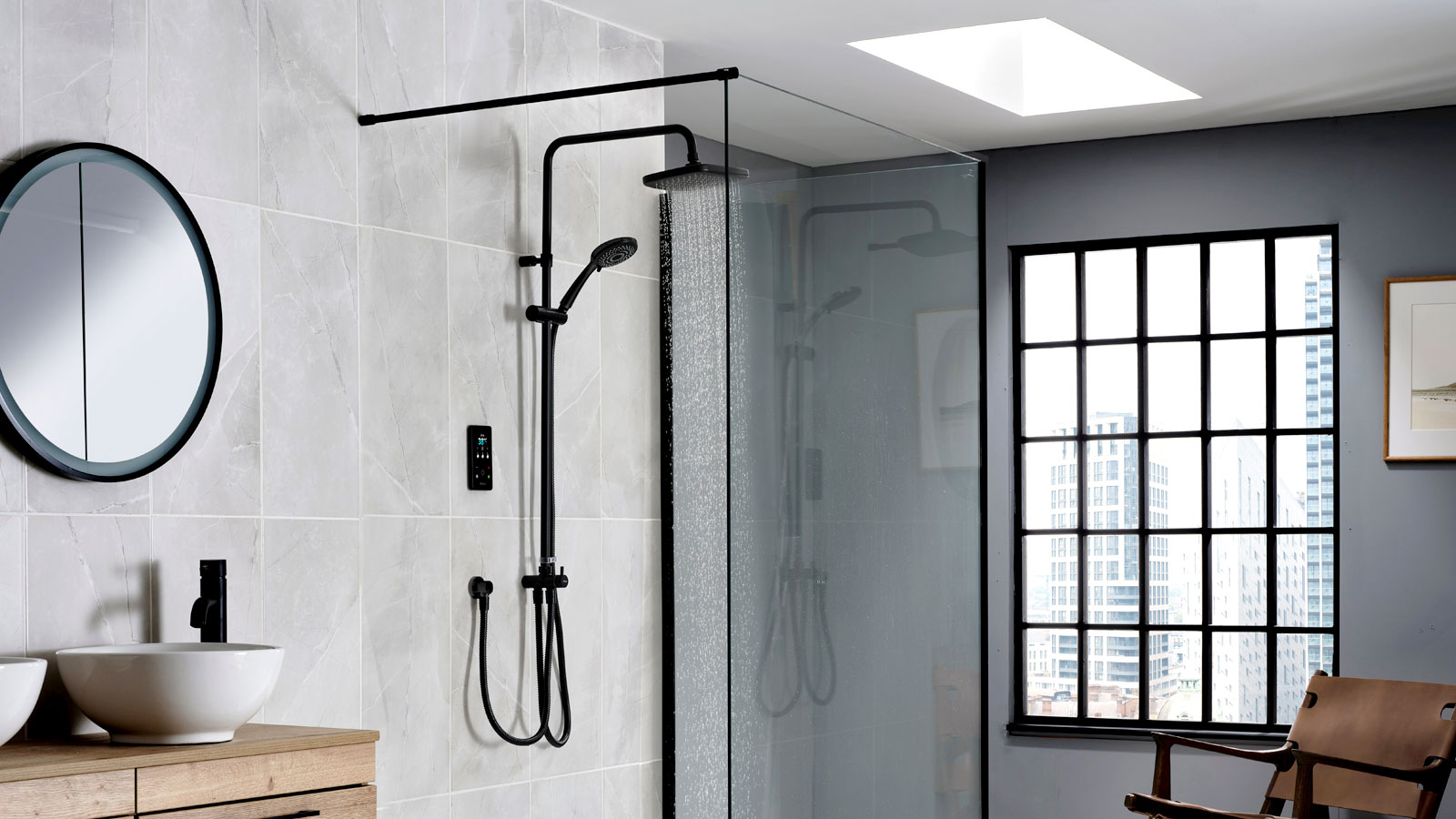Why you shouldn't run air conditioning at night
Experts are warning that running your air conditioning at night won't help you sleep better, hikes up your energy bills — and could, in fact, make you feel more tired the next day

Bring your dream home to life with expert advice, how to guides and design inspiration. Sign up for our newsletter and get two free tickets to a Homebuilding & Renovating Show near you.
You are now subscribed
Your newsletter sign-up was successful
While many families switch on their air conditioning units at night to help them sleep — apparently, doing so might be having the opposite effect.
Sleep experts are suggesting that running your AC at night could in fact be making you feel worse the next day. This is due to it potentially disturbing your sleep in a number of different ways. And that's before your next energy bill comes in...
But ditching the air conditioning unit all together isn't a good idea either, with reports suggesting that the ideal temperature for a bedroom is between 16 and 18°C to get a good night’s sleep as well as the functionality of air conditioning units being improved when a room's temperature isn't allowed to get too hot.
"Cooling is often a gradual process that happens in cycles and therefore the air conditioning may need to be switched on before the room heats up too much," Homebuilding & Renovating's energy efficiency expert David Hilton explains.
We look at why choosing run your best portable air conditioners during the daytime instead of at night is probably a sensible compromise, either that or investing in a more suitable unit for your needs.
Your AC unit can circulate dust and pollen
While having your windows open will allow pollen and dust into your bedroom, having your home air conditioning unit running at night while you sleep, can circulate it around the room.
"Hay fever and allergens are typically airborne, so fans and ACs can spread them around your room and onto furniture and bedding, resulting in sneezing, coughing, and watery eyes," Ashley Hainsworth from Bed Kingdom explains. "Relaxed breathing is essential to a night of good sleep, so when our allergies are triggered by polluted air in our bedrooms, it can lead to poor-quality sleep that leaves you tired in the morning."
Bring your dream home to life with expert advice, how to guides and design inspiration. Sign up for our newsletter and get two free tickets to a Homebuilding & Renovating Show near you.
The solution is simple, run your air conditioning unit in your bedroom during the daytime when you aren't using it, and switch it off at night. And on low pollen-count nights, open up the windows to allow cooler air in.
"Sleep masks can also help keep pollen out of your eyes when you sleep, as well as regularly changing sheets and washing pets to keep them free of irritants," Ashley Hainsworth at Bed Kingdom adds.
If you really suffer from allergies at night, you could also look at investing in an air purifier to help you sleep. The Honeywell HPA830 Designer Tower Air Purifier is Quiet Mark certified making it a decent choice for overnight.
Noise from your AC unit can disturb your sleep
The Sleep Charity suggests most people generally need a quiet bedroom to sleep well, with noise tending to be most disruptive in the lighter stages of sleep but most damaging when it wakes us up from our deepest sleep.
That means a loud fan or air conditioning unit blasting away all night is not going to help give you a restful night, potentially leaving you feeling groggy and tired the next day — the opposite of what is likely to have been intended by keeping the unit running.
That said, if you desperately do want to keep your AC unit running at night, there are air conditioning units that have a night mode. These are far quieter when in this mode, to help avoid any sleep disturbances.
The DeLonghi Pinguino portable air conditioning unit is on the pricier end of the scale but claims to have a noise level of between 47 and 51 decibels. Meanwhile the wall-mounted LG split air conditioning unit with heat pump claims to produce a rather impressive minimum of 19 decibels.
Getting too cold will ruin natural sleep rhythms
Waking up shivering because your AC unit is pumping out too much cold air is not only unpleasant, it can really interfere with your sleeping patterns.
Alvin Pullins, a home improvement and maintenance specialist, tells Homes & Gardens: "Maintaining a cool and comfortable bedroom environment is crucial for a good night's sleep. However, shallow temperatures, especially during sleep, can interfere with sleep quality and overall restfulness."
Not only that but more warmth in the bedroom will help sooth and relax and tense muscles overnight.

Running your AC unit at night will be expensive
The type of air conditioning you use is a factor in working out exactly how much your air conditioning will cost to run at night, but as a general guide David Hilton says it can be around 68p per hour for AC units that use 2kWH of electricity. This is based on an average electricity price of 34p/kWh.
Hilton explains: "Air conditioning costs depend on the output of the unit that you install. The air conditioning system uses electricity to run a refrigerant system that creates the cooling. The cooling power is more than the electric consumption so a 6kW air conditioning system may use only around 2kWh of electricity."
That means, if you having your AC unit running for nine hours each night — it'll be costing you £6.12 a day, £42.84 a week and £189.12 a month. Given how much cooler it is at night compared to the day, this might be a good place to save money on your energy bill. It's also worth pointing out that you can get portable air conditioning units that are more energy efficient, such as the ElectriQ range on Appliances Direct. Theirmore powerful model pumps out 12,000BTUs with a cooling power of 3.5kWh, which should only use around 1.2kWh of electricity — plus it has an inbuilt fan and dehumidifier.
More tips to keep cool at night
Keeping blinds closed during the day and opening windows at night is the best thing to do when considering how to cool down a room.
"Heat can transfer from the sun into a room. During the hottest parts of the day, consider keeping blinds and curtains closed to block any unwanted heat transferring," says Ashley Hainsworth from Bed Kingdom. "This is especially important if any windows are facing the sun. If your blinds are dark in colour, consider switching them for a light cream or white to stop them from absorbing the heat."
On the flip side, opening blinds in the early morning or late evening can help cool the room before you go to sleep as this is when it is cooler outside.
Meanwhile, Maddy from Mattress Online recommends opening up your loft hatch to allow the heat inside the attic to escape. At Homebuilding & Renovating we agree with the theory of letting heat escape out of the loft to keep bedrooms cooler but, really the way to be properly doing this is through appropriate ventilation in the loft space rather than having to open up the loft hatch.
Other tips on how to prevent overheating in homes include switching your bed sheets to natural materials such as 100% cotton, bamboo or linen, wearing loose cotton pyjamas, sleeping downstairs, keeping space between you and your partner, and making pets sleep in their own beds rather than snuggle their heat into yours.

Amy spent over a decade in London editing and writing for The Daily Telegraph, MailOnline, and Metro.co.uk before moving to East Anglia where she began renovating a period property in rural Suffolk. During this time she also did some TV work at ITV Anglia and CBS as well as freelancing for Yahoo, AOL, ESPN and The Mirror. When the pandemic hit she switched to full-time building work on her renovation and spent nearly two years focusing solely on that. She's taken a hands-on DIY approach to the project, knocking down walls, restoring oak beams and laying slabs with the help of family members to save costs. She has largely focused on using natural materials, such as limestone, oak and sisal carpet, to put character back into the property that was largely removed during the eighties. The project has extended into the garden too, with the cottage's exterior completely re-landscaped with a digger and a new driveway added. She has dealt with de-listing a property as well as handling land disputes and conveyancing administration.
